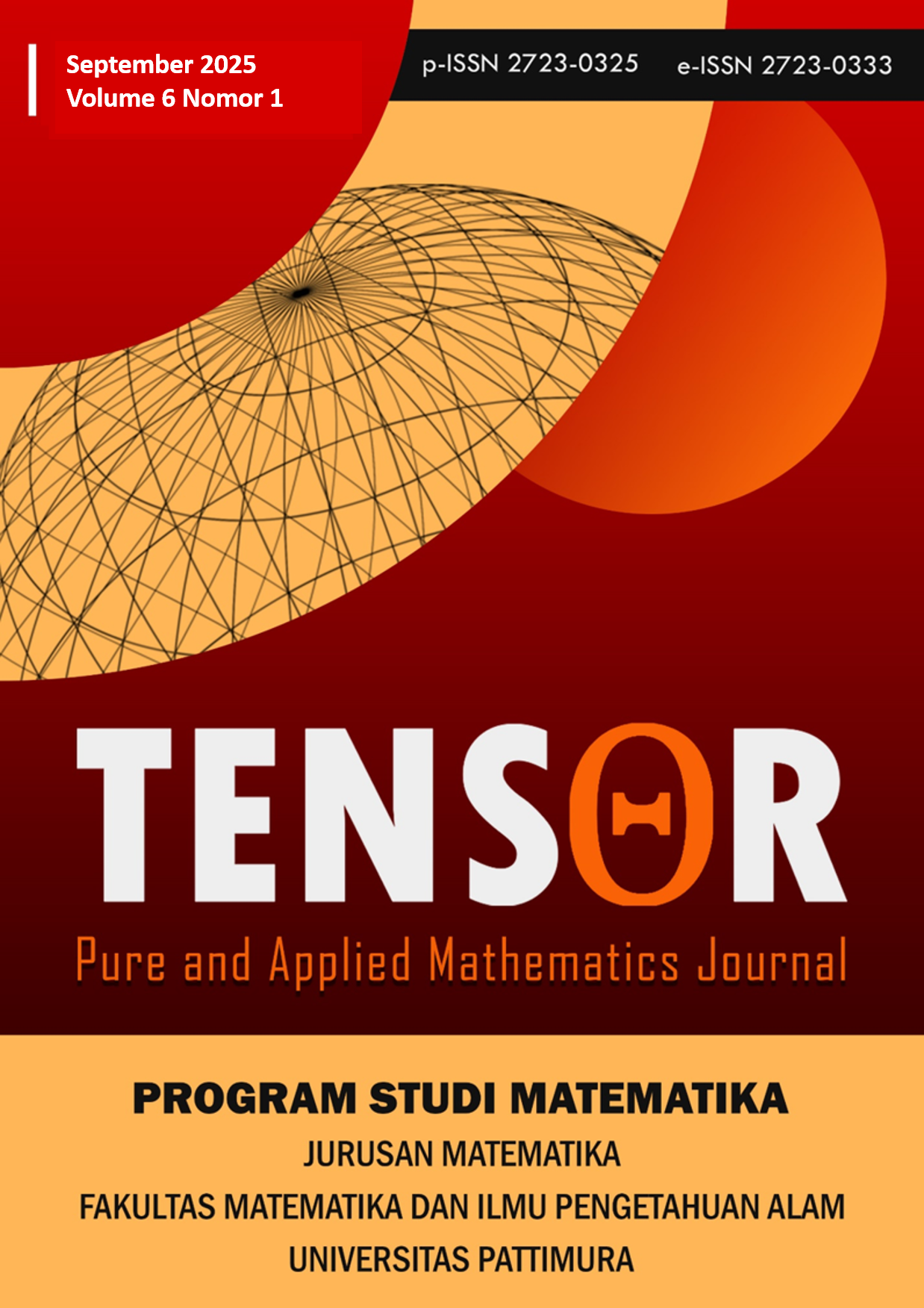Analisis Perbandingan Optimasi Stochastic Gradient Descent dan Adaptive Moment Estimation dalam Klasifikasi Emosi dari Audio Menggunakan Convolutional Neural Network
Main Article Content
Abstract
Emotion plays a fundamental role in human life, influencing behavior, social interaction, and
decision-making. Successful communication and understanding between individuals depend greatly on our
ability to recognize and express emotions. In this context, sound or audio plays a key role as a medium that
reflects and conveys human emotional expression. In the era of information technology and artificial
intelligence, emotion recognition through sound has become a growing focus of research. Machine learning
algorithms, particularly neural networks, can be trained to understand and classify emotions conveyed in
various forms, including text, images, videos, and audio. Among these algorithms, Convolutional Neural
Network (CNN) has shown promising performance in emotion classification tasks. In this study, the
comparison between Stochastic Gradient Descent (SGD) and Adaptive Moment Estimation (Adam)
optimizers in emotion classification from audio using CNN is investigated. The research aims to determine
the optimal optimizer for emotion classification tasks. The results suggest that SGD optimizer outperforms
Adam in terms of overall accuracy, with SGD achieving 53% accuracy compared to Adam's 48% accuracy in
The Ryerson Audio-Visual Database of Emotional Speech and Song (RAVDESS) dataset. Therefore, for
emotion classification from audio data, Stochastic Gradient Descent (SGD) optimizer is recommended for
better performance.
Downloads
Article Details

This work is licensed under a Creative Commons Attribution-NonCommercial-ShareAlike 4.0 International License.

